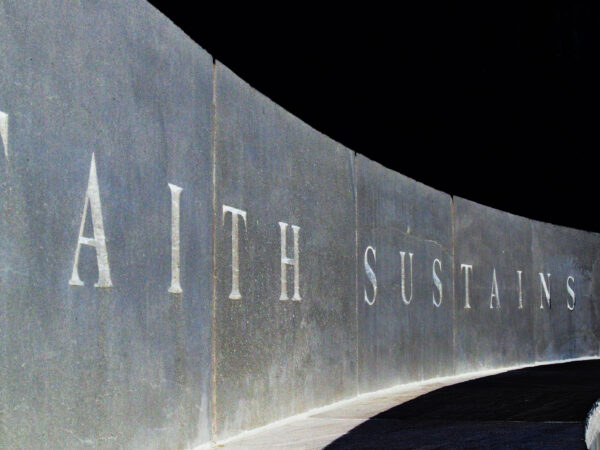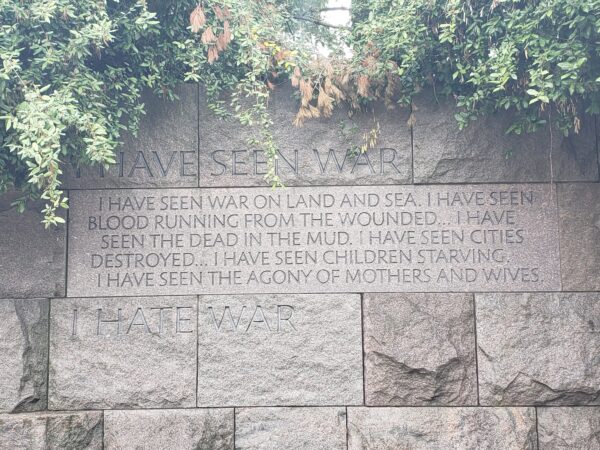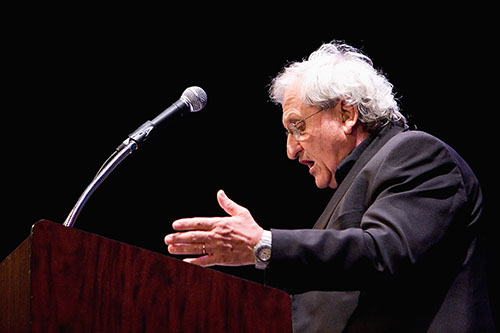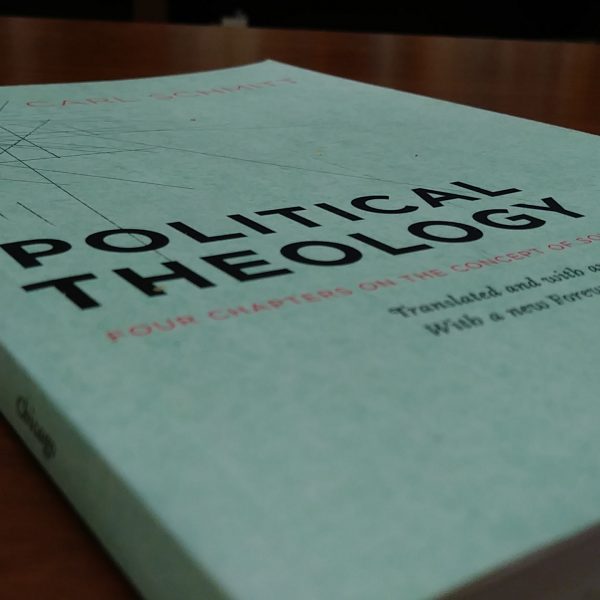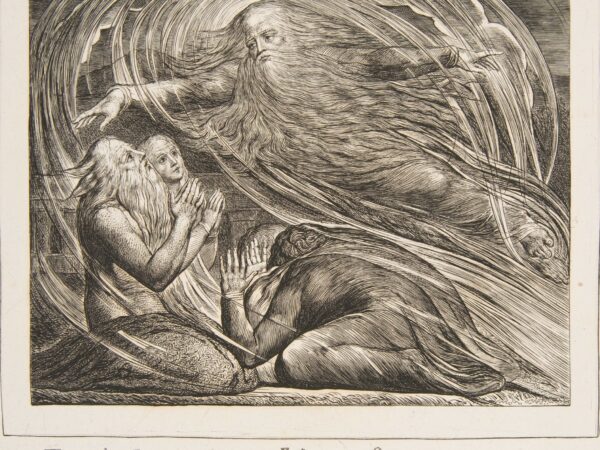
For me, “political theology” thus names the study of the ways that imagination is embedded in sentient, desiring bodies, instantiated in vernacular forms of life and ordinary (ritualized) practices, and conjured in mytho-poetic metaphors, images or representations that are formalized by literary genres and assembled into scriptures.
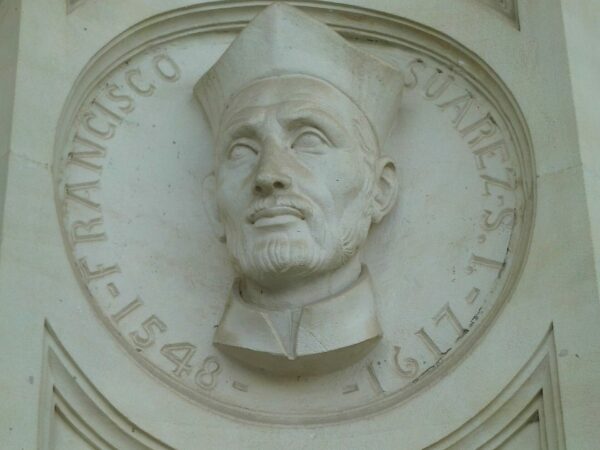
The Russian invasion of Ukraine has become a protracted war between Ukraine and Russia, with elements of a new Cold War where Ukraine’s western Allies are fighting Russia by proxy through the supply of weapons and other aid through the NATO alliance. The just war standard of “reasonable chance of success” is not part of the original theory devised by Saint Augustine or St. Thomas Aquinas, but a later innovation made by Francisco Suárez to prevent wars from deteriorating into a long cycle of revenge by parties at war.

In the midst of a complicated and troubled world it may seem impossible to make a difference, and yet, the wish of a little Israelite girl says otherwise. The spirit of the young Israelite girl and her larger cadre of enslave servants to Naaman live on today in the resourceful actions and tireless work of so many influential youth in our world, those whose passion and will for change persist.
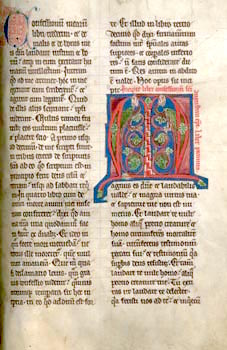
Language and meaning originate not from a fullness trying to communicate itself but from a lack that strives after enjoyment.
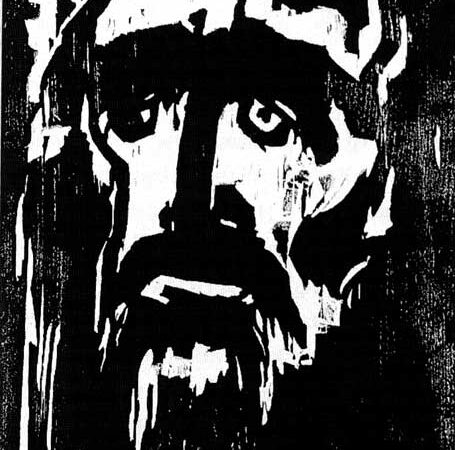
I am responding to George Shulman’s letters on Nietzsche and on prophecy. I do so by offering some thoughts on Nietzsche’s prophet, Zarathustra. In addition to considering Nietzsche’s Thus Spoke Zarathustra in light of Shulman’s “Political Theology” seminar, I also take illumination from Shulman’s American Prophecy: Race and Redemption in American Political Culture (2008).

